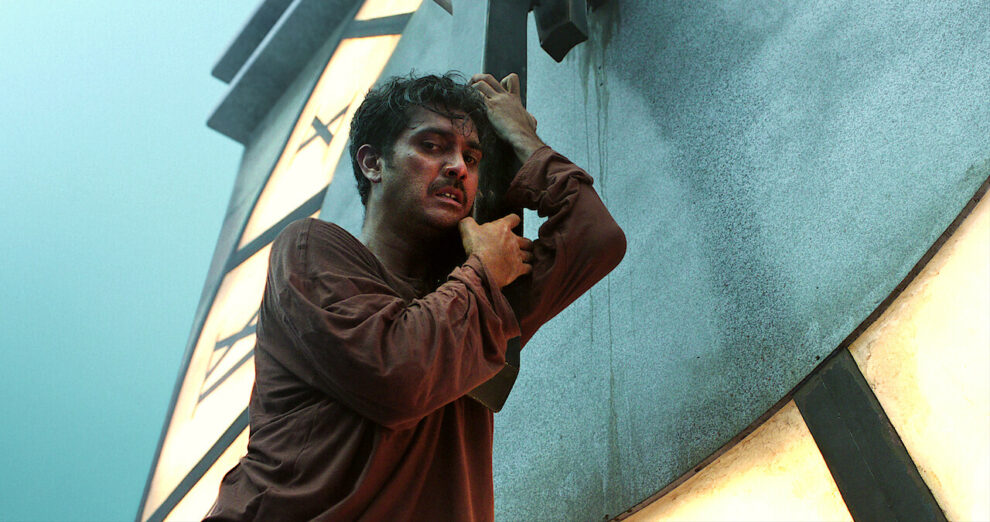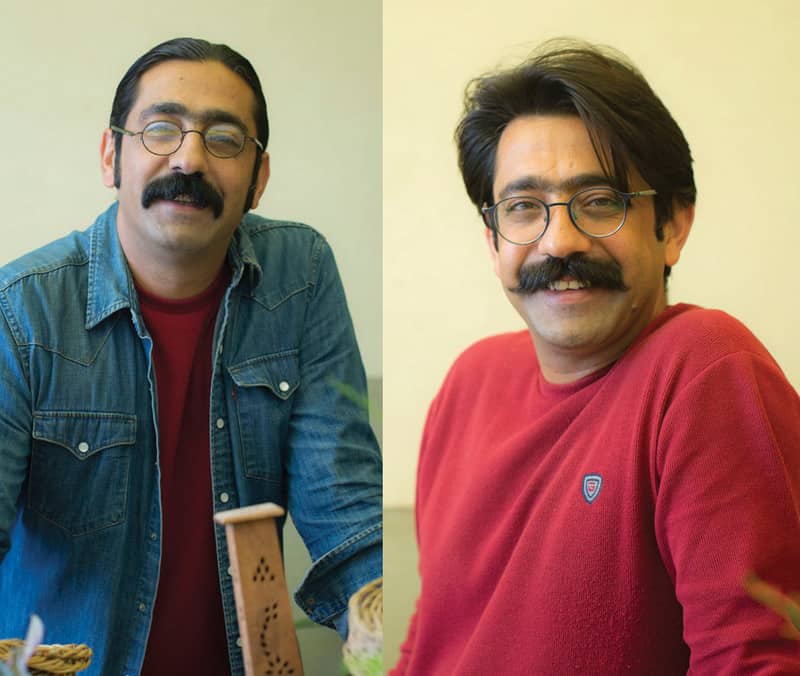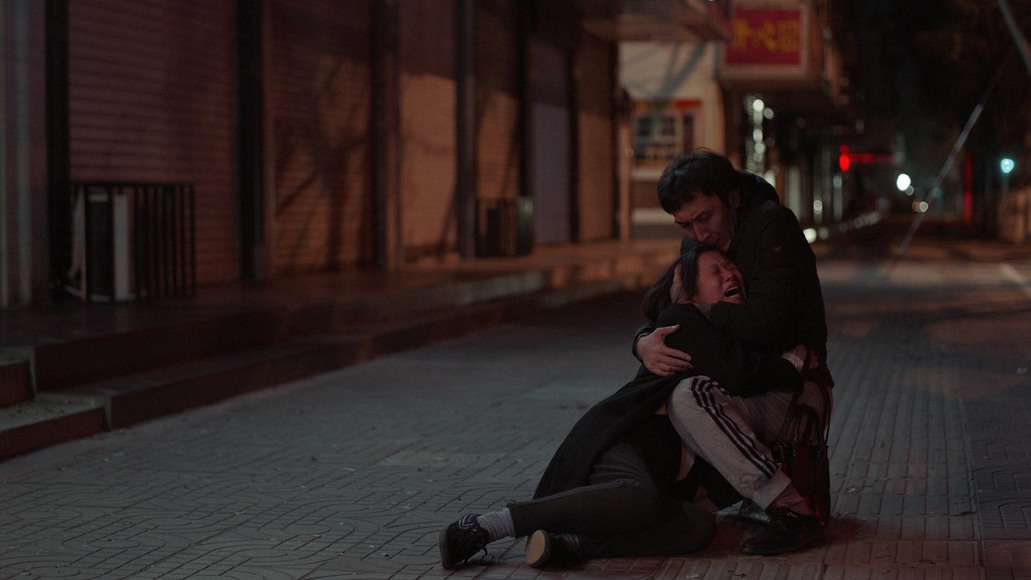The sixth episode of “Joko Anwar's Nightmares and Daydreams” seems like a trip down the memory lane of his cinematic past. The story is written by Tia Hasibuan, who has been producer at “A Copy of My Mind”, “Impetigore” two “Satan's Slaves” while even acting in the second. The protagonist, Fachry Albar, was also in the two aforementioned entries but has also collaborated in Anwar's past futures, as in the case of “Dead Time” and “The Forbidden Door” for example, with the two being among his most frequent collaborators. Apart from these, “Hypnotized” takes another favorite concept of the horror genre, in order to present something rather different.
Click on the image below to follow our Tribute to Netflix

The story takes place in 2022 and revolves around Ali, his wife Ningsih, and their children Ayu and Hendra. Ali is color blind and finds it difficult to get jobs as the introductory scene, which features Djenar Maesa Ayu as a potential employer, eloquently highlights. Ningsih is worried that they won't be able to pay their children's school fees, and although Ali is reassuring, he is also in angst. At the same time, his neighbor, Iwan, is pressuring him to steal money from other people by hypnotizing them, and even teaches him eventually how to do it. When he eventually finds himself in the border of despair, Ali uses what he learned on an elderly woman on an ATM booth, ordering her to give him some money. Although initially things get better for him and his family, and even his color blindness goes away, their behavior starts becoming more and more erratic, while Ali's life looks more and more as an illusion.
The fact that the episodes of the series were not disconnected becomes quite evident here, since the woman Ali steals from is Dewi, which we previously saw in the “The Other Side”. The finale, which, as usually is where the hints about this connection are placed, cements this sense in the most evident fashion, as much as that something big is about to happen onwards.
Apart from that, Ray Farandy Pakpahan's effort here revolves around the concept of crime and punishment, although in different fashion than “The Orphan”, despite the fact that main base of a poor man resorting to crime in order to survive is here once more. This time however, the punishment comes not only due to the deed but also of actually acquiring the power to commit crime, while the retribution is much more severe, considering what happens to Ali's family. The concept of the TVs and their repeated signal could also be perceived as a comment about the impact of TV in general, while there seems to be something about the color-blind element, which I did not manage to put my finger on though.
Apart from that, the way what seems to be a family drama initially transforms into something completely sinister, and eventually to a scifi is impressive, with Dinda Amanda and Joko Anwar's excellent editing helping the most in that regard. This part is also where the acting finds its apogee. Fachry Albar is impressive throughout, highlighting his perplexiveness, inner struggle, despair and resolve with equal artistry, but it is the other members that truly stand out in that part. Poppy Sovia as Ningsih, Nafiza Fatia Rani as Ayu and Daood Saleem as Hendra are all outstanding, with their transformation being among the best aspects of the episode.
Check also this interview
Fahim Rauyan and Ical Tanjung's cinematography is also on a high level. The presentation of the TV, and the changing aesthetics according to each part of the episode are the zenith of a quite competent effort.
“Joko Anwar's Nightmares and Daydreams – Hypnotized” is another great segment in the saga, and all that remains now is to see what will happen in the last one.













